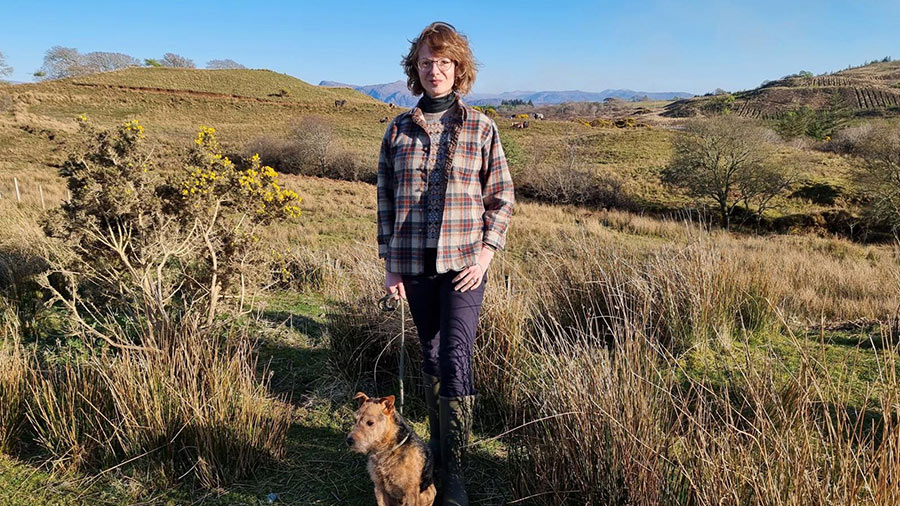Opinion: Workable public access depends on ‘respect’
 © Julia Stoddart
© Julia Stoddart Like it or not, land is a commodity. Everyone wants a piece. Yet we live in a society where, as the conservationist Aldo Leopold wrote, most people have no direct connection to land.
This came to mind on a recent trip to the English Midlands, where I spotted gateway signs with text like “Private land – keep out!”
I’ve lived in Scotland long enough to have adapted to its culture, so these signs were jarring reminders of that great divide between Scotland and England – public access rights.
See also: Opinion – muirburn legislation sparks concern among crofters
England treads an awkward path. The Kinder Trespass happened long before I was born, but I remember the Crow Act arriving. I’ve watched the English coastal path develop, and grimaced at the Dartmoor wild camping battle.
In Scotland, we’re old hands at managing public access. But the Scottish approach isn’t perfect.
It’s been 20 years since our proud open access tradition was formalised in the Land Reform Act 2003.
Under the Scottish Outdoor Access Code, the public can access most land if they act “responsibly” while they’re doing it.
That word raises the blood pressure of land managers, because it isn’t always understood.
The code has three principles: respect the interests of others; care for the environment; take responsibility for your own actions.
It would be perfect if everyone followed the rules. Many do, but when every land manager you know has had a nasty experience with the public, there’s clearly a sizeable minority who neither know nor care about the code.
The Covid period was particularly dismal, as people desperately sought access to nature without considering whether nature was quite so keen to connect with them.
Vile behaviour made misanthropes of many land managers, triggering alarm at the number of visitors demonstrating a toxic, consumerist attitude.
Land management works, bird-nesting season, site designations – all regarded as a nuisance to the pursuit of personal freedom. And that attitude was just as galling to the responsible access-takers, who are horrified by selfishness.
When the code was introduced, it was supposed to be kept under review. To date, reviews have been resisted.
Access evangelists are worried about rights being restricted, while access sceptics are terrified of rights being expanded.
Language is challenging – the phrase “right to roam” is too often interpreted as “I can do whatever I want, wherever and whenever I want”.
That’s not what the law says, but try telling that to the visitor who’s blocked your field gate and defecated in your fank.
When society emboldens the individual over the community, rights are valued above responsibilities.
That’s the flaw in our otherwise admirable access law – it assumes people are always selfless. We know they aren’t.
The concept of public access isn’t a problem, but the reality becomes problematic when access is exercised from a place of egotism.
So how do we meet access demands without damaging the countryside?
Instead of focusing on what we want, we should all be asking what nature needs. Leopold wanted us to understand that we belong to an ecological community, hoping that we would then behave with respect.
But engendering respect involves more than access signage and education campaigns – it requires a fundamental shift in society’s values.
Without this, sustainable public access will remain out of reach.

